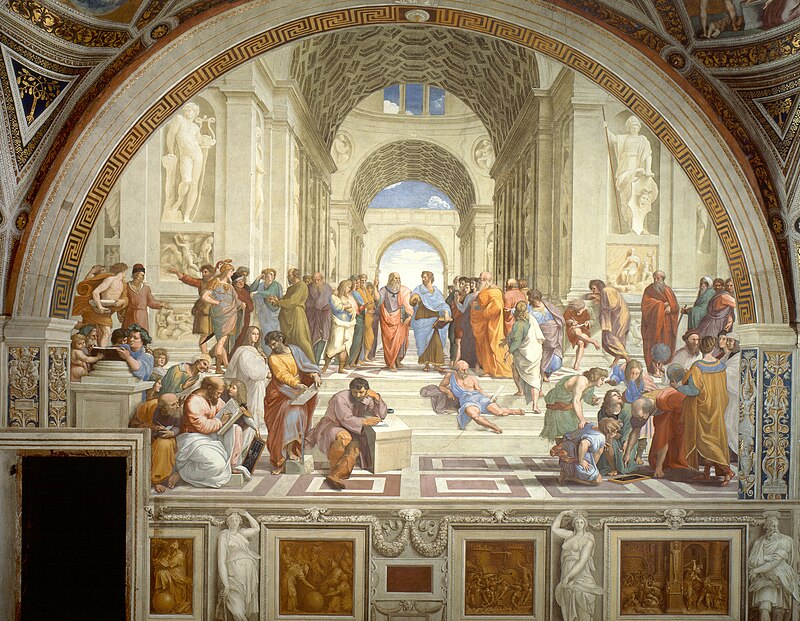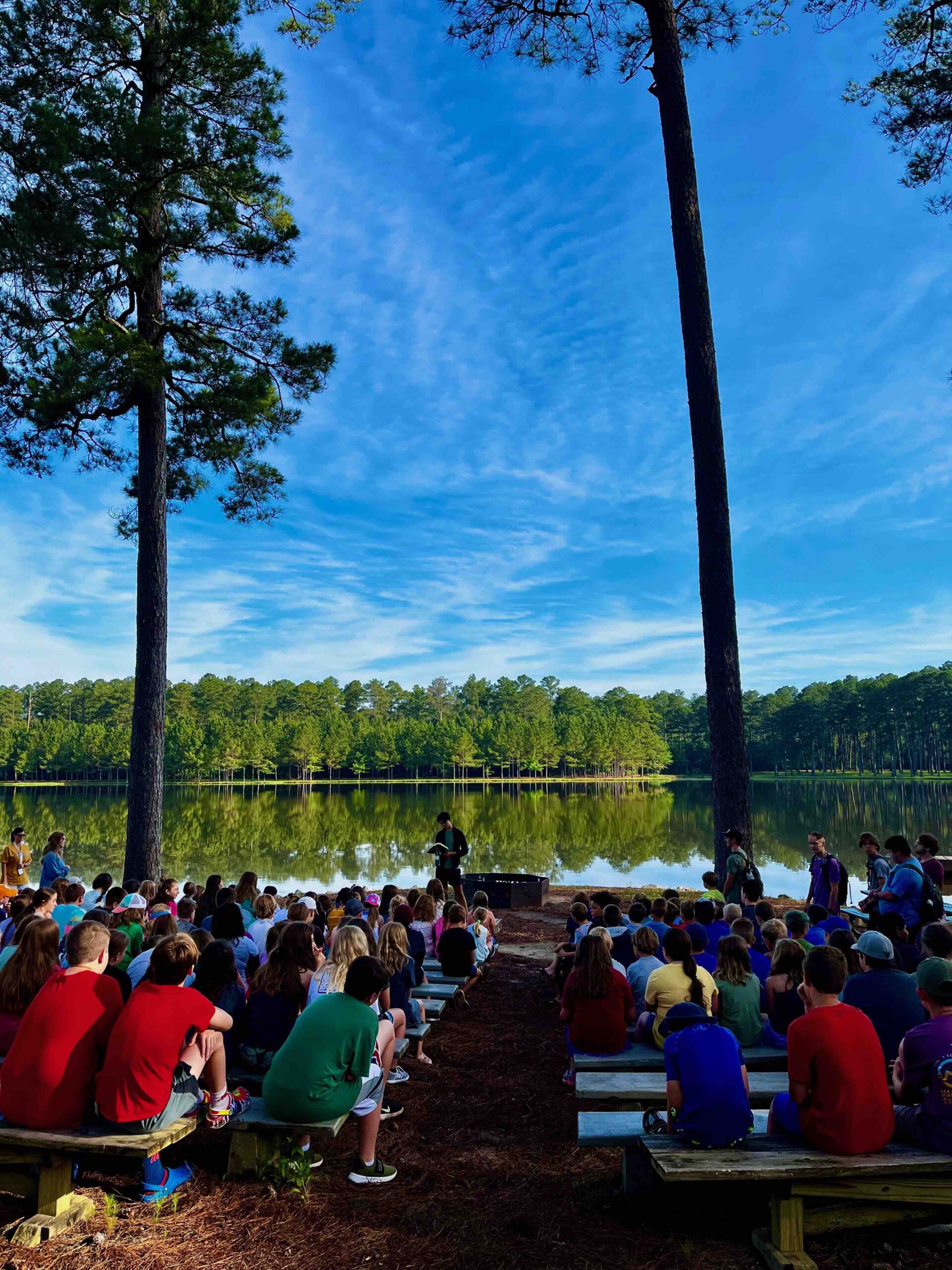November 1st is a day where Christians worldwide celebrate the saints who have gone before us in the faith. Preacher Charles Spurgeon implored parents to teach many things to their children, including the “deeds of the martyrs and reformers” (see the slide below). When we teach our children the stories of the saints, we are helping them to find themselves in this grand story of God’s goodness working through the lives of people all over the world throughout all of history. It gives us all hope that God will continue to work in our lives today and in the lives of those who come after us.
Praying for the Children of Israel and Palestine:
I lived and studied in Israel and Palestine when I was a college student. While there I met many people from different faith and ethnic backgrounds. For that reason, the current events of the Israel-Hamas war feel very near to me and my heart breaks for the pain of the Israelis who were terrorized as well as the innocent civilians in both Israel and Palestine (Gaza/West Bank) who are experiencing the daily trauma of war. I especially think of the children, no matter what side of the war they are on. I think all of humanity can agree that these children, regardless of their nationality, did not sign up for this.
Please join me in praying for the peace of Jerusalem. In the words of David the Psalmist:
Pray for the peace of Jerusalem:
“May those who love you be secure.
May there be peace within your walls
and security within your citadels.”
For the sake of my family and friends,
I will say, “Peace be within you.”
For the sake of the house of the Lord our God,
I will seek your prosperity.-Psalm 122:6-9
Below is a recording of Psalm 122 put to music by Sir Hubert Parry, sung by the Choir of King’s College in Cambridge:
Additionally, I’d like to share a couple of video resources with you that Sarah and I found helpful as we are trying to better understand the historical dynamics that pertain to what is happening in Israel and Palestine today:
First is a video lecture on the history of the Gaza Strip (going back to Biblical times) from Dr. Henry Abramson at Touro University in Brooklyn, NY:
Secondly, I would like to share a link to a documentary film that explores the daily life of everyday people in Gaza (before the current war started). The film is from 2019 and is simply titled Gaza. Below is the trailer, and then you can find the best way to stream it in its entirety on your video streaming platforms (for example, Amazon FreeVee has it right now)…


